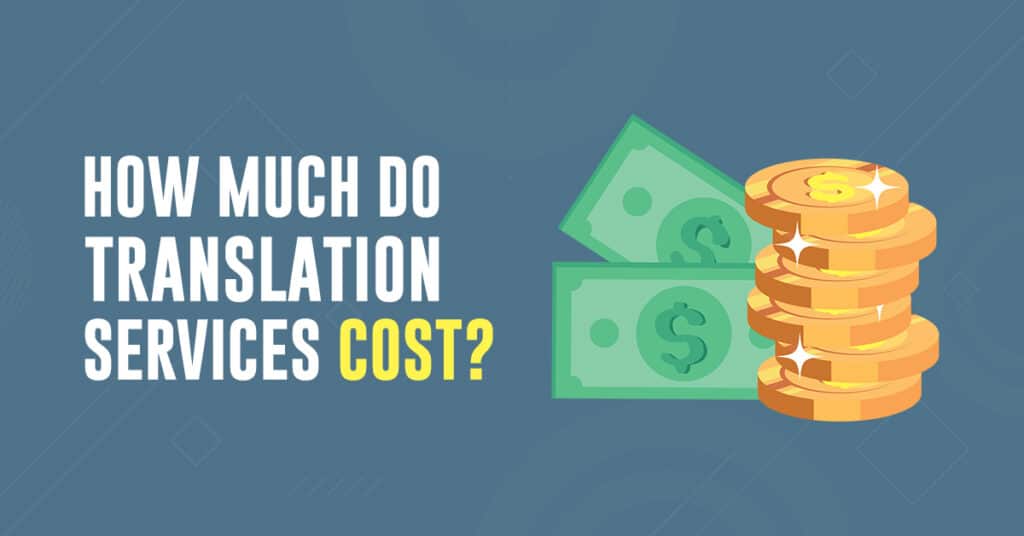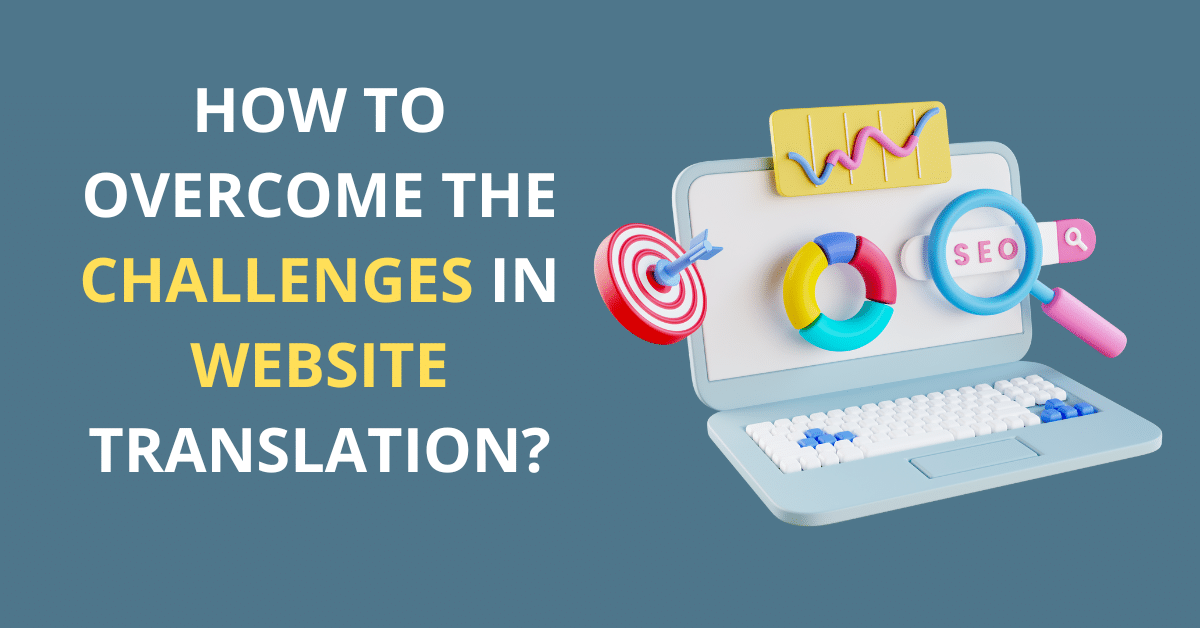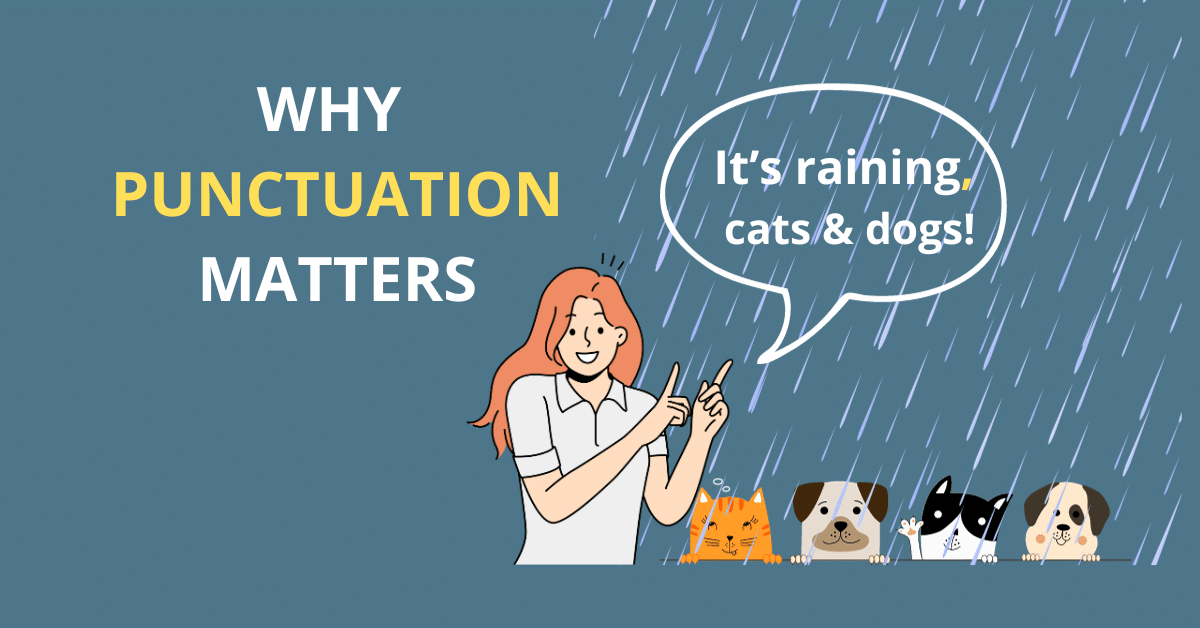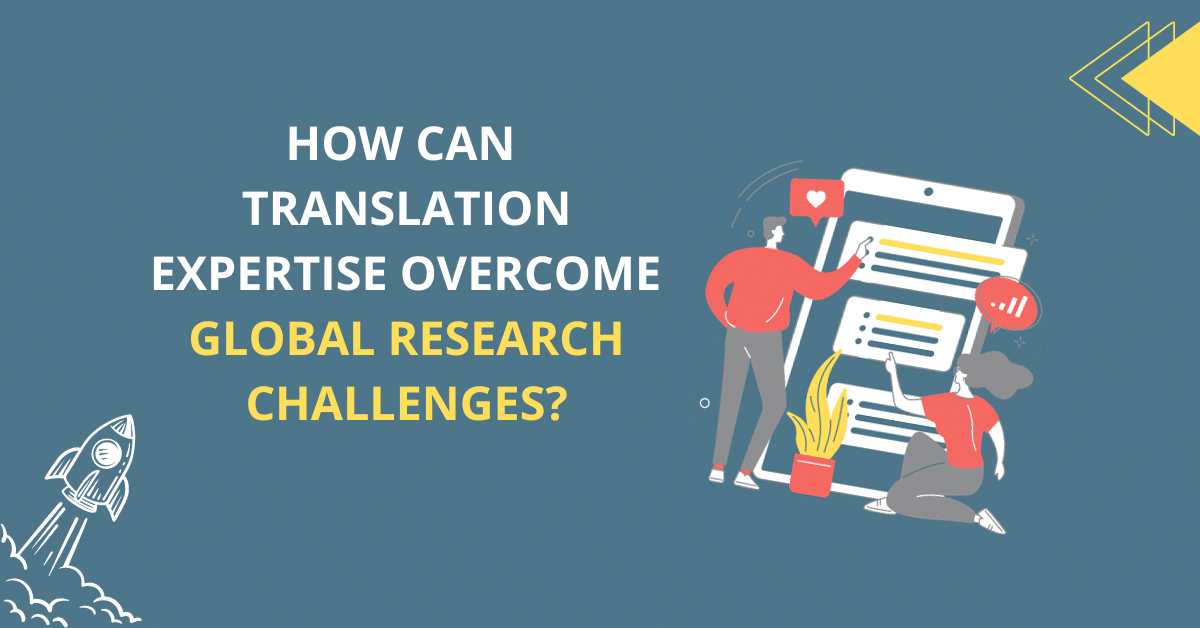The translation industry is full of ambiguities, just like the languages it’s dealing with.
Professional translation is an interesting career path to consider, and it is certainly profitable. The demand for such services is high and is not seasonal, as both organisations and individuals find themselves in need of great translation services all year round.
However, you may be surprised to learn that this process is not as straightforward as you might think.
Pricing is one of the most confusing elements of the translation process. As with other services, you will pay a certain price for the finished product. Yet many people are unaware of how translation rates are calculated and what contributes to the final cost.
In this article we will look at the most important factors affecting the cost of translation. Read on to learn more about the ins and outs of the translation industry.
The Most Important Factors That Affect Translation Price
If you find yourself in need of professional translation services, you have several options when approaching this challenge. You can contact a translation agency, look for a freelance translator, or opt for crowdsourced translation services (more on that later).
Regardless of your choice, you can expect to come across different translation costs.
Translation fees will differ, depending on a number of factors, including:
Language Pairs
Supply and demand influences the price of specific translation services. The type of industry and location are also factors, but some language pairs are more popular than others, despite the greater distance between them.
So translation from English to Chinese may cost less than translation from English to Icelandic, simply because the latter is rarer.
The rarity of individual languages is definitely a factor. For example, there are many speakers of English and Spanish. Finding a translator wouldn’t be a difficult task.
But if a language is less common and has fewer speakers, finding a good translator may prove problematic. Such a professional may often charge more for their services because of their rarity value.
Distance Between Languages
You may or may not be familiar with the concept of language families. However, you are probably aware that some languages differ massively in structure and style from others.
These differences may be due to many factors: cultural background, pronunciation, grammar, spelling, syntax, the alphabet or other linguistic characteristics that determine the nature of a specific language.
Simply put, the further the distance between the two languages, the greater the differences between them are likely to be. Translation from a particular source language (such as translation from English) into a significantly different target language (Chinese, for example) may cost more than translation between languages within the same family (such as English and German).
Volume of Work
Translators deal with all kinds of texts all the time. Some documents are shorter, and some are longer.
But short documents may involve complicated vocabulary or have to meet certain standards, for instance.
Some projects are long-term and need to be carried out over time (for example, literary translations involving an ongoing series of books).
All things considered, you should expect to pay more for translation services if your documents are long and demanding.
The higher pricing is reasonable, because you’re paying for a quality service with the assurance that the job, no matter how challenging, will be completed on time.
Delivery Time
Regardless of their profession, people have to stick to deadlines. Sometimes the delivery date may be well into the future, and translators can take their time doing research and working on their assigned documents until they’re close to perfection.
However, there are occasions when clients are in urgent need of express translation services. If there’s little to no time to process a large text, translation prices will go up accordingly.
After all, professional translators still have to perform their jobs to the best of their abilities in a shorter amount of time than usual.
Translator’s Cost of Living
Another factor that can affect translation costs is the location of a translator or their translation company. Some cities are more expensive to live in than others, and this will affect remuneration.
The higher the cost of living, the higher translation rates will be.
Although it may appear insignificant, this factor may well impact your decision to choose certain translation services over others. Let’s assume you need to get a fair few documents translated. It would be more convenient to have this done by the same translation company so that you become familiar with the way they work and can find a reputable translator who will learn the ins and outs of your market sector as they work on your texts.
Bearing this in mind, you may want to consider beforehand which location to choose in order to calculate projected costs. Rates may differ from country to country, and even from city to city.
Formatting Requirements
Finally, unique formatting requirements may influence the final translation cost. Sometimes clients impose specific guidelines or have particular requirements regarding the appearance of their translated documents.
Depending on the complexity of these requirements, translators may need to spend additional time revising their finished work to meet these requirements.
The more time they need and the more detailed the formatting is, the more you’ll have to pay for the finished document.
Additional Costs when using Translation Agencies
As well as the general points mentioned above, translation fees are also influenced by other factors related to the functioning of translation companies. These include, but are not limited to:
Type of Content
Even though content is content, not all texts are equal. Some will be more difficult to translate than others, and all types of documents will require a professional level of linguistic prowess.
You can, for instance, expect to pay more for translation of documents originating from the legal, technical, or financial sectors.
The reason for this is that such texts often involve the use of complex vocabulary and specific structures. Terminology in the source language may also be difficult to convey in the target language due to the distance between the two languages.
On the other hand, translations for the tourism sector or marketing texts may be less demanding on a linguistic level. However, they will require a great deal of creativity, and translators may find it necessary to use numerous translation strategies to convey the meaning accurately within the context.
Pricing System
Some translation companies have their own pricing system. Whilst they will probably set their rates according to a published strategy, such as price per word, per page, per hour, or by a certain number of characters, they may also take other things into account.
The other factors influencing their translation prices may include fees for express translation, the level of expertise amongst their staff, or additional charges for services in respect of rare language pairs.
Translation Technologies
More often than not, translation companies will use CAT (Computer-Assisted Translation) tools to speed up their translation process. The use of specialised software allows them to produce high-quality texts in a shorter space of time.
The most common types of CAT tool used by translators include:
- Translation memory software
- Language search engine software
- Alignment software
- Terminology management software
- Interactive machine translation
- Other types of linguistic software, such as spell checkers, grammar checkers, online dictionaries, or project management software.
Staff
When you’re paying for translation services provided by an agency, the amount of money you’ll be charged covers not only the cost of the work of professional translators, but also of other people who work in the agency.
If an organisation employs many people, its pricing might differ from the rates advertised by its competitors. If your budget is limited, consider looking for a smaller translation company or opt for alternative solutions, such as crowdsourced translation.
A Word About Crowdsourcing
The concept of crowdsourcing has been introduced to the translation sector relatively recently, but it continues to gain popularity. The main reason behind its popularity is the need for high-quality translation services at a lower cost.
Crowdsourced translation involves many people working on different parts of your project. Such a strategy allows them to speed up the turnaround time and deliver their services faster at a lower price.
It may be a good option for you if the content you want to get translated is relatively simple, and your target audience is not demanding.
However, you need to remember that there may be inconsistencies in the final product, the quality may be questionable, and you may end up paying more for proofreading and error correction, or maybe even have to get the whole job done again from scratch by a professional translator due to numerous mistakes made by the crowdsourced translators responsible for the original draft.
Final Thoughts
As you can see, there are many factors that contribute to the final cost of a particular translation task. Even though translation agencies often publish a scale of charges, for example, per word, per page, per hour, or per number of characters, the final quote is likely to vary.
Factors such as the type of content, the deadline, the rarity of language pairs, the volume of work, and even the use of computer-assisted translation tools can impact the final translation rates within a particular agency.
Here at Architekst, you can enquire about a quote for professional translation for any of the following sectors to see how much your translations may cost you:
- Technical translations
- Legal translations
- Medical translations
- Market research
- Financial translations
- Translations for the tourism sector
- Marketing translations
- Food industry translations
- Translation solutions for lifestyle, fashion, and retail
- Website translations
- Typesetting
- Transcription
- Voice-over and subtitling




